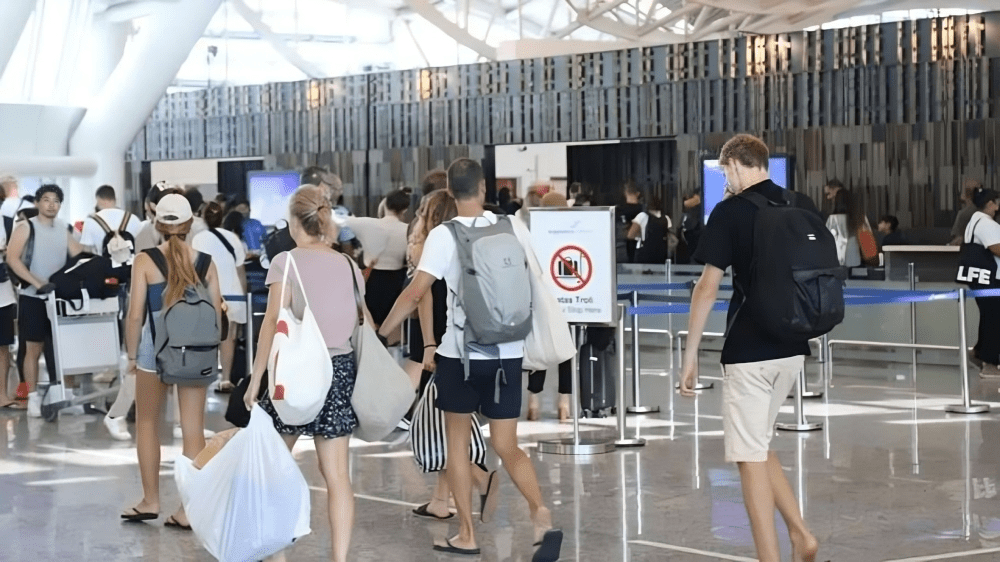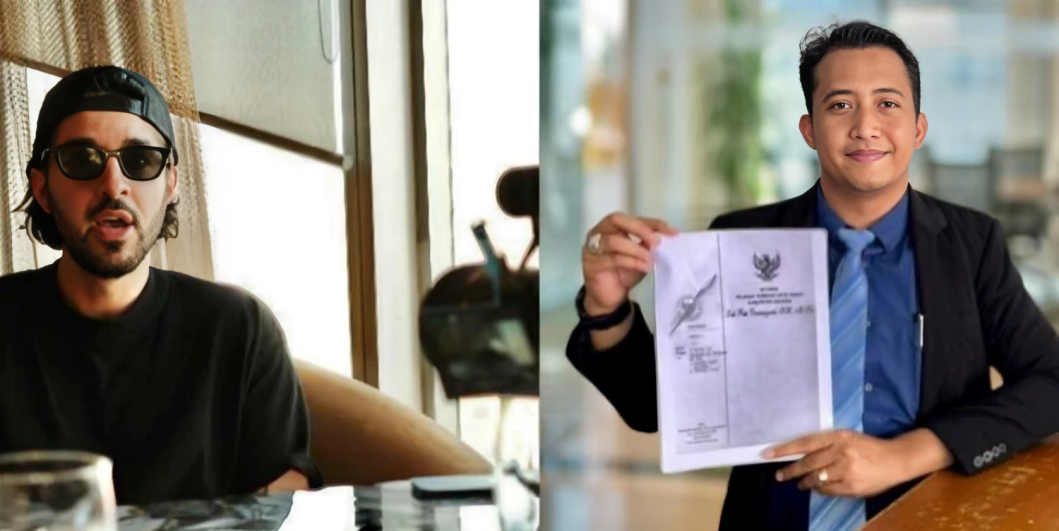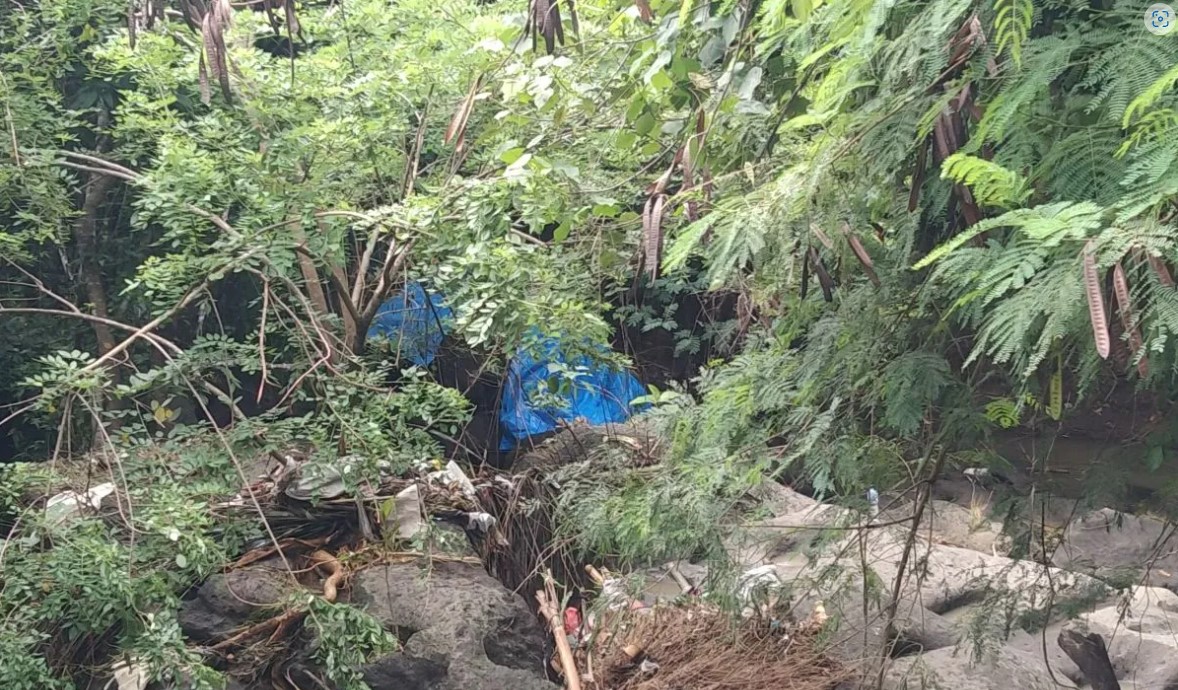Ngurah Rai Airport Enforces Health Pass for Monkeypox Screening
Denpasar – I Gusti Ngurah Rai International Airport in Bali has begun requiring all international travelers to access the Satu Sehat Health Pass (SSHP) website as an early detection measure against the spread of Monkeypox (Mpox).
“Every international traveler flying to Indonesia, particularly Bali, is now required to fill out an electronic self-declaration form called the Satu Sehat Health Pass,” said Handy Heryudhitiawan, General Manager of I Gusti Ngurah Rai Airport.
Speaking in Denpasar on Saturday, Handy explained that this policy is based on the Circular Letter No. SE 5 DJPU of 2024 issued by the Directorate General of Civil Aviation. The regulation mandates the use of the SSHP application for international travelers as a precautionary measure to prevent the transmission of Mpox.
Monkeypox has been declared a global health emergency by the World Health Organization (WHO) since August 14, 2024, prompting the airport to align with government efforts to prevent the virus from entering the country.
Handy further explained that all international passengers landing at the airport in South Bali must complete the form on the SSHP website, sshp.kemkes.go.id, before arriving in Indonesia.
“Passengers only need to fill in the available form, after which a code containing their health and travel history will be generated. This code will be scanned by officers at the airport’s arrival gate and should be saved for future reference,” Handy elaborated.
To facilitate the implementation of the SSHP form at I Gusti Ngurah Rai Airport, Handy said they are collaborating with the Denpasar Health Quarantine Office (BBKK). Airlines are also tasked with educating passengers to complete the SSHP form at their departure airport or before departure.
Handy added that in addition to following the government’s directive, the airport has taken several precautionary measures, including installing three body temperature detectors, providing specimen inspection rooms, sample collection rooms, two examination rooms, QR Code SSHP markers, and personnel deployment.
A body temperature detector has also been installed in the domestic arrival area, at the VIP local government building, and at the general aviation terminal (GAT).
“If a passenger is suspected of having Mpox, a special evacuation route has been prepared. This is crucial, as I Gusti Ngurah Rai Airport serves an average of 63,000 passengers daily, with 18,000 of them arriving on international flights,” Handy stated.
With Bali currently hosting international events such as the Indonesia Africa Forum (IAF) and the High-Level Forum on Multi-Stakeholder Partnership (HLF-MSP), Handy emphasized the importance of maintaining excellent service for delegates while adhering to health protocols.












